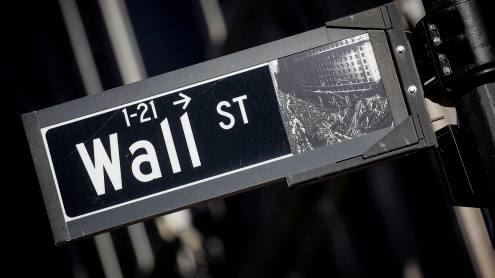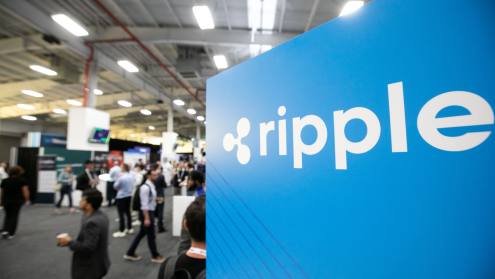In the wake of Brazil’s corruption scandal, the country’s main stock exchange is preparing to launch a socially responsible investment index on December 1. The São Paulo-based Bovespa will use the tradeable index to track Brazil’s 40 most responsible companies.
In what is a first for Latin America, the ethical index will be based on Bovespa’s universe of 150 most liquid stocks. Inclusion will depend on a company’s performance against four core criteria: corporate responsibility policies, management structure, performance and legal compliance.
Similar ethical indices run in developed economies, notably the UK’s FTSE4Good index and the US-based Dow Jones Sustainability Indices. The Johannesburg Stock Exchange in South Africa, however, is the only other developing country stock market to initiate such a scheme.
African role model
Bovespa has borrowed from the South African example, which was launched last year, by building locally applicable issues into its ethical assessment. As with HIV/AIDS in South Africa, the Brazilian index has a weighting for companies tackling country-specific problems, such as employee diversity and low levels of education.
Every sector is eligible for the index, including so-called ‘sin stocks’, such as tobacco and arms companies. Firms that manufacture products that are judged to harm human health, however, will have points docked from their overall assessment.
Bovespa hopes that the index will raise awareness among Brazil’s institutional investors (who are traditionally sceptical about non-financial criteria) of the risks associated with social and environmental issues. In this respect, the inclusion of the Brazilian Association of Closed Pension Plan Entities (one of Brazil’s most influential investor organisations) on the board of the new index is regarded as a positive development.
“The index will certainly help with the mainstreaming of socially responsible investment in Brazil,” says Chris Wells, environmental risk manager at ABN AMRO Real.
Growing trend
Interest in social responsibility is increasing in Brazil. Two years ago, for example, Bovespa introduced a fund to benchmark corporate governance practices among Brazil’s largest companies. The move followed Unibanco’s earlier decision to offer sell-side research on environmental and social issues to its European clients.
The commercial success of responsible funds is also helping to increase the field’s credibility. ABN AMRO Real’s Ethical Fund, for instance, has outperformed the Bovespa benchmark index every year since its introduction four years ago.
Yet socially responsible investment remains small in Brazil, with only three banks – ABN AMRO Real, Itaú and Unibanco – operating ethical funds. The driver from countries where socially responsible investment is more advanced, such as the UK and the US, is minimal. Developing countries in general represent less than 0.1% of the portfolios of US and European ethical funds, according to a recent report commissioned by the World Bank.
Other challenges facing the index include the relatively low levels of capitalisation on Bovespa. With a relatively small universe of stocks to choose from, the bar for inclusion may be lower than for indices such as FTSE4Good, experts warn.
Access to data presents another potential hurdle. At present, only 10 Brazilian companies issue non-financial data that meets the requirements of the Global Reporting Initiative, an independent initiative backed by the United Nations that aims to improve corporate transparency.
IFC grant scheme
The International Finance Corporation (IFC) recently announced a $500,000 grant scheme for ethical rating agencies in developing countries in an attempt to rectify this information gap. “Social and environmental issues are often cited by investors in developing risks for not investing in the south. The Bovespa index should begin to turn that around,” says Dan Siddy, a sustainable finance expert at the IFC.
If successful, the index should also provide market incentives for Brazilian companies to improve their ethical record, he argues.
- The IFC is hosting a two-day conference for Latin America’s major financial institutions on December 1-2 in São Paulo, to discuss regional developments in sustainable finance.











